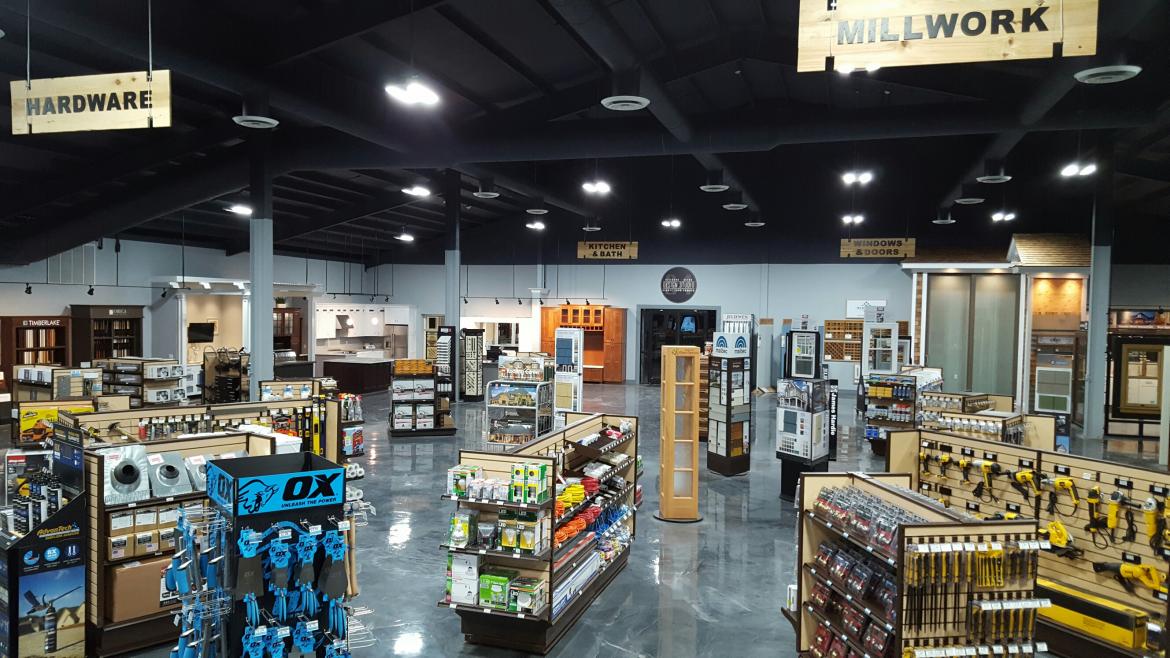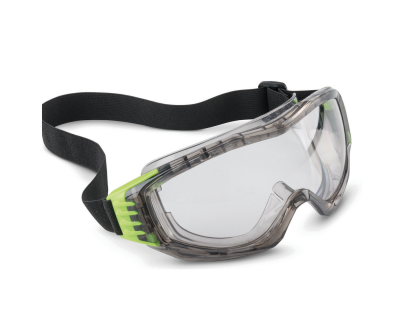It was a busy spring for some of the country’s largest building product distributors. On April 16, 2018, Atlanta-based BlueLinx acquired Oklahoma City–based Cedar Creek for $413 million, creating a distribution behemoth with a combined revenue of $3.2 billion in 2017 and 70 locations from the East Coast to the Rocky Mountains. Not to be outdone, New York City–based investment firm Clayton, Dubilier & Rice took over Cary, N.C.-based Ply Gem via a $2.4 billion privatization on April 16 as well , then completed its purchase of Dallas-based Atrium Windows & Doors and merged the two companies on the same day.
Indeed, spring must be the thing for building product companies with the urge to merge. In May 2017, Sydney, Australia-based construction materials giant Boral purchased Headwaters (Tapco’s parent company), in Wixom, Mich., to create a new North American products division with an estimated $1.8 billion in annual revenue.
While most big distributors sell product through pro lumberyards, as opposed to selling direct to contractors, the modus operandi for mega-mergers is almost universally the same: to become a single-source provider of residential construction products, tools, gear, and accessories to builders and remodelers. But other than the opportunity to buy lots of stuff from the same company, what’s really in it for the contractor on the ground?
“It’s a good question: How can we portray this great story about how we cover the whole exterior of the home with multiple lines,” says Boral vice president of marketing and sales support Jonathan Wierengo . “We’ve built great relationships around what we do well, from easier ordering to easier-to-install products, but the real skunkworks is to figure out what takes the industry forward.”
While suppliers gain an obvious cross-selling opportunity by broadening their product portfolio into additional categories, scale also provides conglomerate companies with resources for product innovation and opportunities to get products to the jobsite faster by improving supply-chain logistics.
Part of the new full-service building supplier mentality includes whole-house product lines, like this patio door from Ply Gem Windows.
With 20 exterior-product categories and thousands of individual SKUs, Ply Gem is constantly evaluating the sales and performance of individual products, colors, sizes, and styles in an effort to evolve and optimize the company’s product offerings.
"Our commitment to design and innovation led to the formation of our Foundation Labs in 2013 , and the subsequent creation of the Ply Gem Insight Center, a facility solely dedicated to new product innovation, strategically located in the heart of Raleigh-Durham’s Research Triangle,” says Mark Montgomery, vice president of marketing for Ply Gem Windows, part of the building products manufacturer. He adds that some of the first products now launching from Foundation Labs include engineered slate and cedar roofing made with nearly 100 percent recycled resins and designed for extreme durability and weather resistance.
Boral is similarly investing resources back into product innovation at the company’s Discovery Center in San Antonio, where teams of scientists work to discover the next big thing in building materials. “We’re really exploring the frontiers of how we can incorporate different aesthetic and performance attributes to see how we can help contractors do the job easier, faster, and safer,” Wierengo says. “That doesn’t always mean more cost-effective. It might mean improving performance or handling. If we can take great products and put them in that kind of an innovation engine, that’s a mode of success.”
Pro dealer lumberyards, particularly those with a larger scale and geographical footprint, are also keen to provide a singular purchasing experience for contractors, offering a full suite of products and solutions as a way to ally themselves to builder customers as a de facto supplier of record. At 84 Lumber locations, for example, this may mean tailoring product inventories, offering installed sales of certain products, or providing high-end showrooms where builders can send homeowner clients to make product selections.
“We’d like to be the one-stop shop for most contractors, and we’re willing to stock products based on the majority of our customers’ needs rather than implementing premiums for special orders,” says Darrell May , general manager at 84 Lumber in West Palm Beach, Fla. “Additionally, we’ll provide delivery service, professional showrooms, and sometimes even labor to assist contractors and become a more important part of their business.”
As contractor needs and expectations evolve regarding product availability and lead times, progressive product manufacturers and distributors are increasingly collaborating with local outlets such as 84 Lumber to optimize jobsite deliveries and provide installation training and other value-added services.
Contractors may benefit from new services and information coming out of growing building material suppliers, like this Boral mobile training unit.
“Customers want their product faster, and it puts pressure on the dealer to carry more inventory, so we’re working to bridge that gap in time-to-market,” Wierengo says. “Our dealers carry such a range of products, we need to be there to support them with technology, with install teams, with call centers, and even with lumberyard or jobsite-ready mobile training units.”
Deployment of new technologies is also in the offing. Ply Gem, for one, is currently researching a “smart pod” mobile distribution tag that reports inventory location in real-time, making it easier for dealers to maintain inventory count and enabling customers to follow their orders live from manufacturing to delivery.
Getting closer to contractors via dealer partnerships also provides billion-dollar suppliers with the kind of street-cred feedback that ultimately helps shape the development of new products and services. “We’re all ears when our customers talk,” Wierengo says. “The bottom line is to see how we can create solutions. Here’s what you knew us for, now here’s what we’re excited about, and let’s see what we can bring to make you more successful.”
This story originally appeared in the May/June 2018 issue of PRODUCTS magazine. See the print version here.










Add new comment